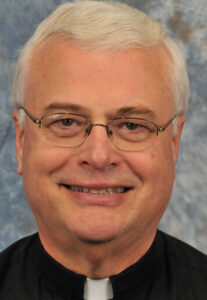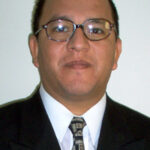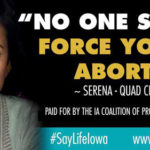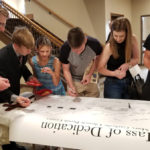By Ken Kuntz
Administrator’s Letter
Diocesan Administrator Father Ken Kuntz shared the following message with diocesan clergy regarding a declaration from the Vatican’s Dicastery for the Doctrine of Faith titled “Fiduccias Supplicans” (“On the Pastoral Meaning of Blessings”). He encouraged the clergy to read the declaration. (http://tinyurl.com/3u66pman).

On the level of theology, nothing has changed regarding the Church’s teaching on marriage; the document is explicit on this matter. What the pope has done is enrich our understanding of blessings. The Holy Father is making a careful distinction between formal, liturgical blessings and those that are informal and arise from popular devotion or piety, and made in trusting supplication to the God who is Love. The document addresses this latter form of blessing.
First, these blessings should be asked for and performed “spontaneously.” They are not to be taken from the Book of Blessings, nor can there be set prayers for the purpose of these blessings. They “should not be fixed ritually by Ecclesial authorities to avoid producing confusion with the blessing proper to the Sacrament of Marriage,” the document reads.
“In a brief prayer preceding this spontaneous blessing, the ordained minister could ask that the individuals have peace, health, a spirit of patience, dialogue, and mutual assistance — but also God’s light and strength to be able to fulfill His will completely,” the document reads.
The blessing cannot be performed at the same time or in connection with a civil union. Instead, the document states that the blessing must be conducted “in other contexts, such as a visit to a shrine, a meeting with a priest, a prayer recited in a group, or during a pilgrimage.” The document also cautions: “nor can it be performed with any clothing, gestures, or words that are proper to a wedding.”
The document states that couples in an irregular situation or of the same sex must themselves ask for the blessing, adding: “For this reason, one should neither provide for nor promote a ritual for the blessings of couples in an irregular situation.”
Blessings are not sacraments, so the moral conditions required for the reception of the latter ought not be imposed for the former. Pastoral charity is called for: “At the same time, one should not prevent or prohibit the Church’s closeness to people in every situation in which they might seek God’s help through a simple blessing.”











